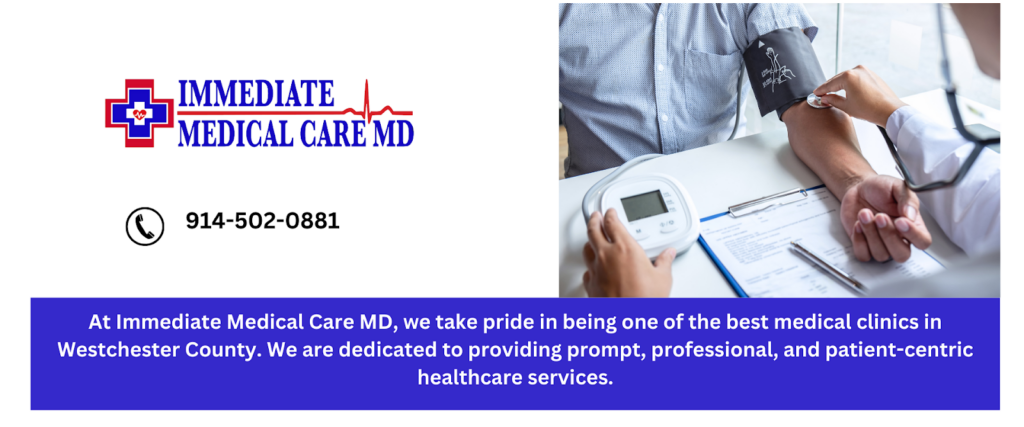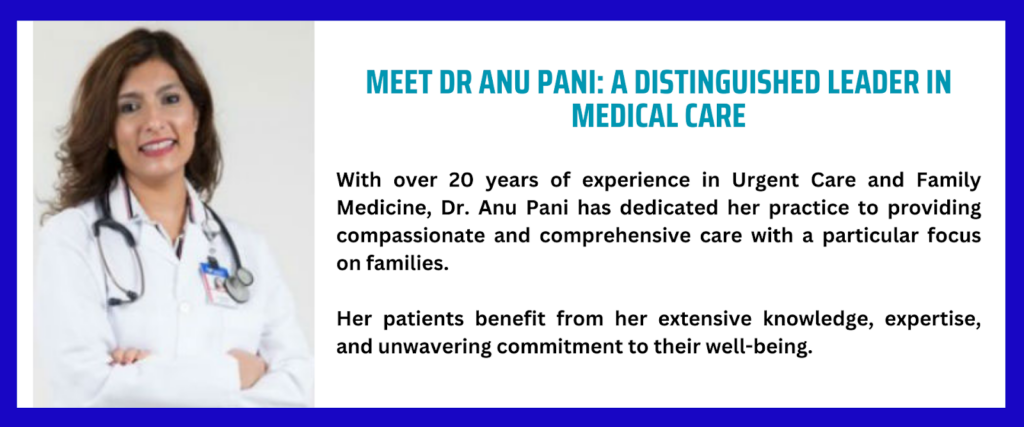Common High Blood Pressure Misconceptions
Every year, at least a thousand people die in America due to high blood pressure (BP), according to the Center for Disease Control and Prevention (CDC). When this condition — also known as hypertension — is left undiagnosed, unchecked and untreated, it can result in complications that lead to heart attack, heart failure, stroke, and kidney disease.

Equipping yourself with the knowledge about high blood pressure can help you, and your loved ones in your quest for good health.
There are, however, some common misconceptions about hypertension that we want you to be aware of.
Misconception 1: High blood pressure cannot be prevented if it runs in the family.
As hypertension is hereditary, you might be inclined to believe that the condition can’t be prevented since it’s in the family. Experts, however, say that an unhealthy lifestyle increases your risk for high blood pressure if the disease is already in your genes. Knowing that you’re predisposed to develop hypertension, then you can still do something to lower this risk:
- Lose some weight if you’re obese.
- Maintain a healthy weight after losing some pounds.
- Live an active lifestyle, where you exercise at least 20 minutes to an hour every day.
- Eat foods that are low in sodium.
- Drink alcoholic beverages in moderation.
- Give up smoking.
- Limit your emotional stress at work, or in your social life. You can’t have too much negativity in your life.
Misconception 2: Are you feeling unwell? Do you have a headache? Your blood pressure could be elevated.
High blood pressure usually does not have any signs or symptoms, hence it’s called the “silent killer”. However, whatever you’re feeling might actually cause your blood pressure to rise. If you are suffering from a bacterial, or viral infection, or an injury from a sprain, or a fracture, your body releases chemicals to fight the illness, which can temporarily elevate your blood pressure. It might be better to hold off on monitoring your BP for a few days until you feel better instead of worrying needlessly. To appease yourself, see a doctor immediately to address your health concerns.
Meanwhile, headaches associated with high blood pressure might indicate a hypertensive crisis, where your reading could be significantly above 180/120 mmHg. If you have hypertension, but have not been monitoring your blood pressure, haven’t made lifestyle changes, or never followed through the doctor’s orders, then it’s possible that your severe headache is a symptom of hypertension.
On the other hand, the absence of symptoms like headaches, shortness of breath, or dizziness, is not an accurate indicator that you don’t have to get checked for high blood pressure. Even in your better days, a regular blood pressure check at home is still a good preventive measure.
Misconception 3: Your systolic blood pressure is normal, so you must be fine.
Blood pressure is measured in millimeters of mercury (mmHg) expressed in two numbers – systolic and diastolic.
- Systolic, the top number, represents the force of blood that gushes through your arteries when the heart pumps.
- Diastolic, the bottom number, represents the force of your blood when the heart is between rest from pumping.
Some people pay more attention to keeping the systolic number normal (below 120 mmHg according to the latest guidelines) to prevent cardiovascular risks. But, a study has shown that for people below 50 years old, the diastolic number is still an important indicator of pre-hypertension risk.
People above 50, on the other hand, must still thrive to keep both blood pressure numbers normal, and not just the systolic BP. At this age, certain medical conditions might crop up.
Hence, it’s best for a diabetic hypertensive 50-year-old, for instance, to have a blood pressure reading lower than the normal range to steer clear of any possible health problems that hypertension might worsen.

Misconception 4: Drinking wine is good for the heart, so it’s okay to indulge.
Wine, specifically red wine, contains compounds that supposedly help with heart disease, but the studies do not show strong evidence to suggest that it’s healthy for the heart. An over-consumption of alcohol, including red wine, can still be bad for someone with hypertension.
You can, however, still want to enjoy a glass of wine, occasionally.
Misconception 5: Your blood pressure has gone down so you can go ahead and stop your medication.
Since doctors prescribed your hypertensive medication, then it’s only doctors who can tell when you should stop taking this. Consult your healthcare provider if you want to discontinue, or change your medication.
In most cases, hypertension is a lifelong condition, which means that even if you enjoy a normal, or low blood pressure for months, you still need to take your medicine for maintenance.
If the medication is causing side effects, you can ask your doctor for a change in prescription. NEVER CONSIDER ending your blood pressure medication WITHOUT explicit instructions from your doctor.

Meet our extraordinary physician, Dr. Anu Pani, MD.
Dr. Anu Pani, MD is a renowned figure in the field of Urgent Care and Family Medicine. With over 20 years of experience in urgent care and family medicine, Dr. Pani, MD, brings a wealth of expertise. Specializing in family medicine, she passionately provides compassionate and comprehensive care, earning admiration from her community.
During the coronavirus pandemic, a local community group lauded Dr. Pani, calling her a ‘hero.’ Her unwavering commitment to her patients and community has earned her numerous accolades and awards.
Visit Immediate Medical Care MD today!
If you’re searching online for “urgent care near me,” Dr. Pani and her team strive to ensure a seamless, stress-free patient experience and medical care you deserve.
Our Westchester urgent care is your one-stop destination for a wide range of medical services. From minor injuries, and vaccinations to diagnostic tests, immigration physicals, and routine check-ups, our urgent care clinic is equipped to address diverse healthcare needs efficiently.
To receive immediate medical care or inquire about other urgent care services, please call us at 914-279-5860 or contact us directly. No appointments are necessary, as same-day visits are always welcomed.
Don’t put your health at risk—trust Immediate Medical Care for all your medical needs. Contact us now and take the first step towards a healthier tomorrow.
We speak English and Spanish.
The material contained on this site is for informational purposes only and DOES NOT CONSTITUTE THE PROVIDING OF MEDICAL ADVICE, and is not intended to be a substitute for independent professional medical judgment, advice, diagnosis, or treatment. Always seek the advice of your physician or other qualified healthcare providers with any questions or concerns you may have regarding your health.
